What is a hysterectomy?
A hysterectomy is a surgery to remove the uterus. In some cases, the surgeon may also remove the ovaries and fallopian tubes. Whether the ovaries are removed (a procedure called an oophorectomy) often depends on the reason for the surgery. There are more than 500,000 hysterectomies performed each year in the USA. Some patients who get a hysterectomy also get an oophorectomy, depending on their age. For those ages 40 to 44, 23% get both surgeries. For those ages 45 to 49, 45% get both surgeries.
Hysterectomies are done for a variety of reasons, including uterine fibroids, endometriosis, and cancer. There are a few different general types of hysterectomies:
- Total hysterectomy. This is the most common type of hysterectomy. The uterus and cervix are removed. The fallopian tubes are often removed and the ovaries may or may not be removed.
- Supracervical (also known as subtotal or partial) hysterectomy. Just the upper part (the body) of the uterus is removed. The fallopian tubes are often removed and the ovaries may or may not be removed.
- Radical hysterectomy. The uterus, cervix, tissue on both sides of the cervix (parametrium), and the upper part of the vagina are removed. The fallopian tubes are often removed and the ovaries may or may not be removed.

A hysterectomy is a major surgery, and there are alternative ways to treat many of these health problems. If you’re considering a hysterectomy, be sure to ask your healthcare team about all your treatment options.
Do you go through menopause after a hysterectomy?
After a hysterectomy, the impact on menopause can vary depending on whether the ovaries were also removed. Everyone who has a hysterectomy will stop getting their period. If you keep your ovaries, you may not have any other symptoms of menopause right away. That's because the ovaries are still releasing hormones. Some premenopausal people may experience hot flashes after a hysterectomy due to decreased blood flow to the ovaries. You can also start natural menopause earlier than you would have if you didn't have a hysterectomy. This means you could have menopausal symptoms a few years earlier.
If your ovaries are taken out, you won't get a period anymore. You might also start having menopause symptoms right away, no matter how old you are. This type of menopause is also called surgical or induced menopause. The symptoms of menopause may come on suddenly and be very intense. This is because your body stops getting hormones from the ovaries all at once, instead of the levels going down slowly over many years.
In addition to menopausal symptoms, you lose the protective elements of estrogen at an earlier age. Estrogen can help reduce the risk of conditions like heart disease and osteoporosis.
How can I manage my menopause symptoms after a hysterectomy?
There are several options available for those who have undergone a hysterectomy and are experiencing menopausal symptoms. Remember to always talk to your healthcare team if you have any questions or concerns.
Lifestyle changes
Certain lifestyle changes can help you manage menopausal symptoms. These include regular exercise and a healthy diet. A varied diet and regular exercise can also help lower the risk of heart disease and osteoporosis. These risks increase when your hormone levels decrease.
To help relieve some of the symptoms you can:
- Avoid hot flash triggers. Be mindful of when hot flashes happen and identify any possible triggers. Common triggers include alcohol, caffeine, spicy foods, stress, cigarette smoking, and warm temperatures.
- Keep cooling items nearby. Have a fan and bottle of ice water nearby to help during a hot flash, especially overnight.
- Use a lubricant during sex. If you’re experiencing vaginal dryness, using a lubricant during sex can help you feel more comfortable.
- Help yourself get better sleep. Sleep can be a challenge, especially if you’re experiencing night sweats. But there are things you can do to help set up a better situation for sleep. Keep your bedroom cool and quiet. Avoid large meals and fluids before bed. Follow a similar bedtime routine every night.
- Stress management. Find the ways to relieve stress that work for you and try to fit them into your daily routine. Some good stress relievers can include getting enough sleep, exercising, walking and hiking, listening to music, mindfulness, and mind-body practices like yoga and breathing exercises.
- Seek medical care when needed. If you’re finding it hard to deal with your symptoms or have any questions about what’s happening, don’t wait. Talk to a doctor, therapist, or other healthcare provider. Consider setting up a virtual visit with a menopause care provider.
- Join a support group. Find an online or in-person support group for people who have experienced surgical or induced menopause. Knowing you’re not alone can help you get through the harder moments. And it’s so helpful to have a group to bounce ideas off and learn from.

Medication
Menopausal hormone therapy (MHT) (also known as hormone replacement therapy (HRT)) is a common treatment for menopausal symptoms, like hot flashes and vaginal dryness. It can also help lower the risk of getting osteoporosis. MHT involves taking medication to replace the estrogen (and progesterone for people with a uterus) that the body is no longer producing. After a hysterectomy, you may be prescribed an estrogen-only MHT. It can typically be started immediately after surgery.
MHT isn't right for everyone, and some people may prefer not to take it. It’s important to discuss the risks and benefits of MHT with a healthcare provider before beginning treatment. If your hysterectomy was due to ovarian cancer, talk to your oncologist. Find out if your specific type of cancer may prevent you from using MHT. You should also discuss if there are any alternatives to MHT that may work for you.
Emotional support
A hysterectomy can also come with some emotional challenges. It’s normal to grieve the loss of your fertility, especially if the hysterectomy happened much earlier in your life than you would have planned. You may also feel alone in your experience. Not only have you recently had major surgery, but you’re also trying to figure out how to manage symptoms of menopause. But you’re definitely not alone. Thousands of hysterectomies are performed each year.
Talk to people you trust, like family and friends. You can also talk to a mental health professional. They can help you understand your feelings and give you support. This can help you recover both physically and emotionally.


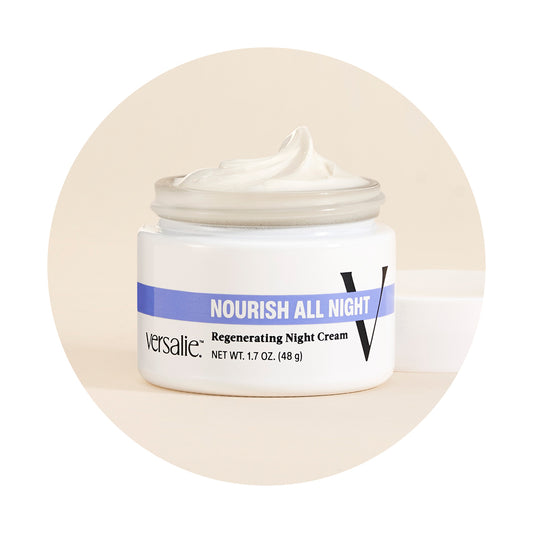
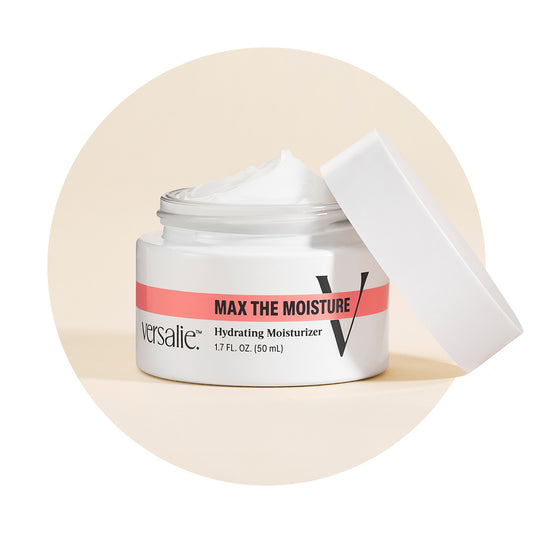
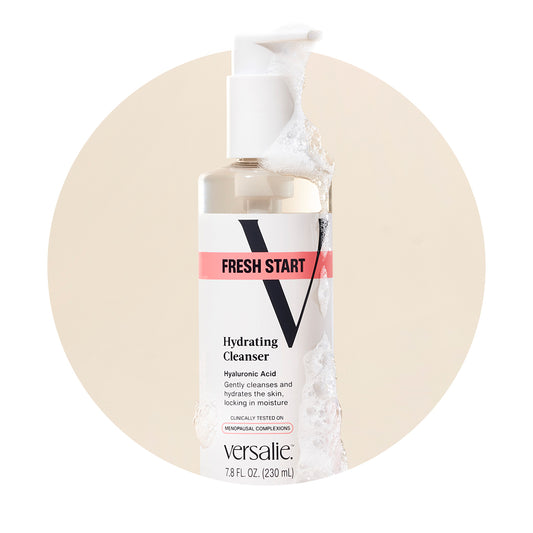
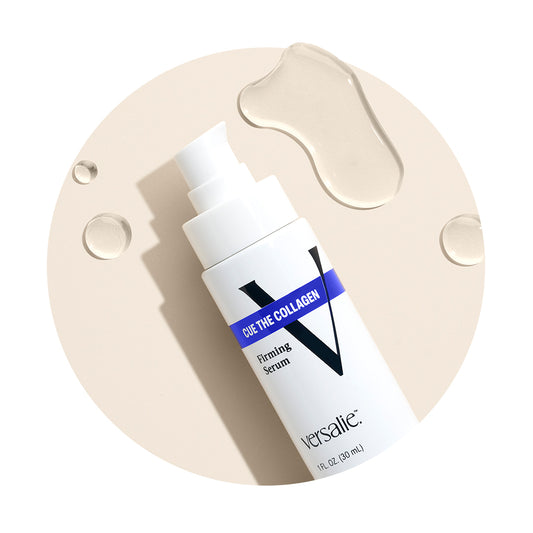
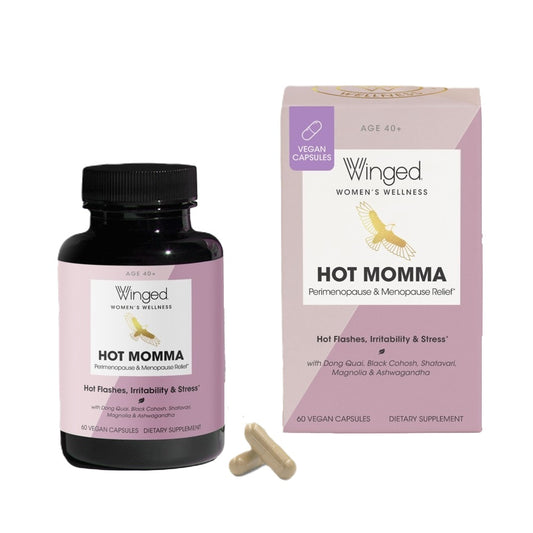


9 comments
The article fails to mention that you also do not have a period if uterus is removed, regardless if ovaries are left. Mine was removed at age of 27 with both ovaries left. I’m now 55 and unsure what stage of menopause I am in.
I would like to know if any of you have experienced menopause later in life after having had a complete hysterectomy and menopause. I was 31 and now 61. I seem to be having symptoms of menopause all over again. I have no ovaries. How is this possi... ble?
I had a radical hysterectomy in my early thirties and went through menopause then. Why do male doctors and a couple nurses keep trying to tell me I’m going through menopause again at 54? It’s really frustrating and I can’t get anyone to run tests ... to see if it’s something else.
I suffered terribly from the age of 10 until my "radical hysterectomy w/bilateral oophorectomy " at the age of 36 (2005). Doc said it should have been done 10 years sooner.
Instant insomnia, night sweats, hot flashes, mood swings and no relie... f. I was told absolutely no hrt and left to fend for myself. It has been a long difficult 19 years. The hysterectomy did help but it has also caused other health problems.
I had one 42 years ago. And began menopause at 36